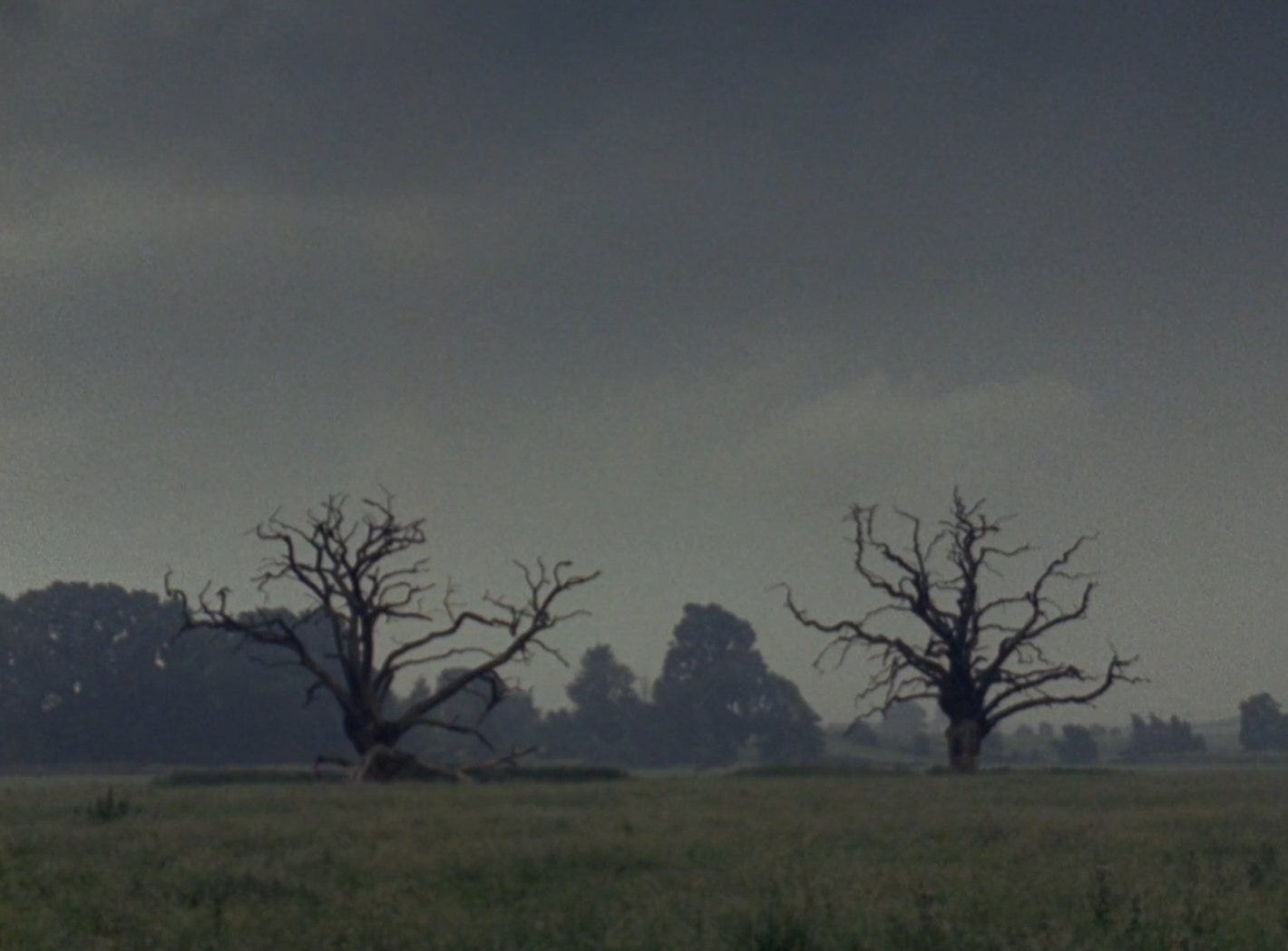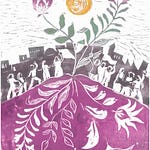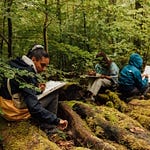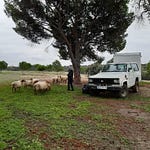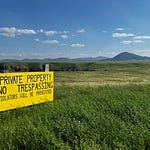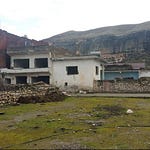Andy Thatcher is a photographer, film-maker, writer and researcher who is currently pursuing a PhD at the University of Bristol. Andy’s research includes using ‘folk horror’ as a lens to understand the contested histories of English commons.
[Content Warning: This podcast includes a discussion of violence in a historical context.]
In our conversation, we talked about histories and folk legends linked to historic commons in the southwest of England, and how Andy uses research and film making to explore their atmospheres and stories. Folk traditions have long ways for local people to assert claims to the land. Though many historic English commons are obscure and little-known, they can reveal histories of conflict and trauma.
Our conversation touched on ideas about how the ‘weird’, the ‘eerie’ and haunting can help us think differently about places. And we discussed how folk horror of the 1970s and beyond – from the Wicker Man and Penda’s Fen to Candyman and examples from other countries and cultures – can open up deep histories, clashes between tradition and modernity and moral ambiguity.
Links:
Andy Thatcher’s website – see also the films Clouties and Common Place, mentioned in the podcast
Oak Apple Day at Wishford Magna – archive footage from 1949
Folk Horror Revival – articles, essays and resources on folk horror
The Wicker Man (1973) – IMDB
Penda’s Fen (1974) (video at Internet Archive)
Candyman (1992) – IMDB
Strange Natures: Season of art, essays and reflections from Future Natures
Cover image: Still from Penda’s Fen



